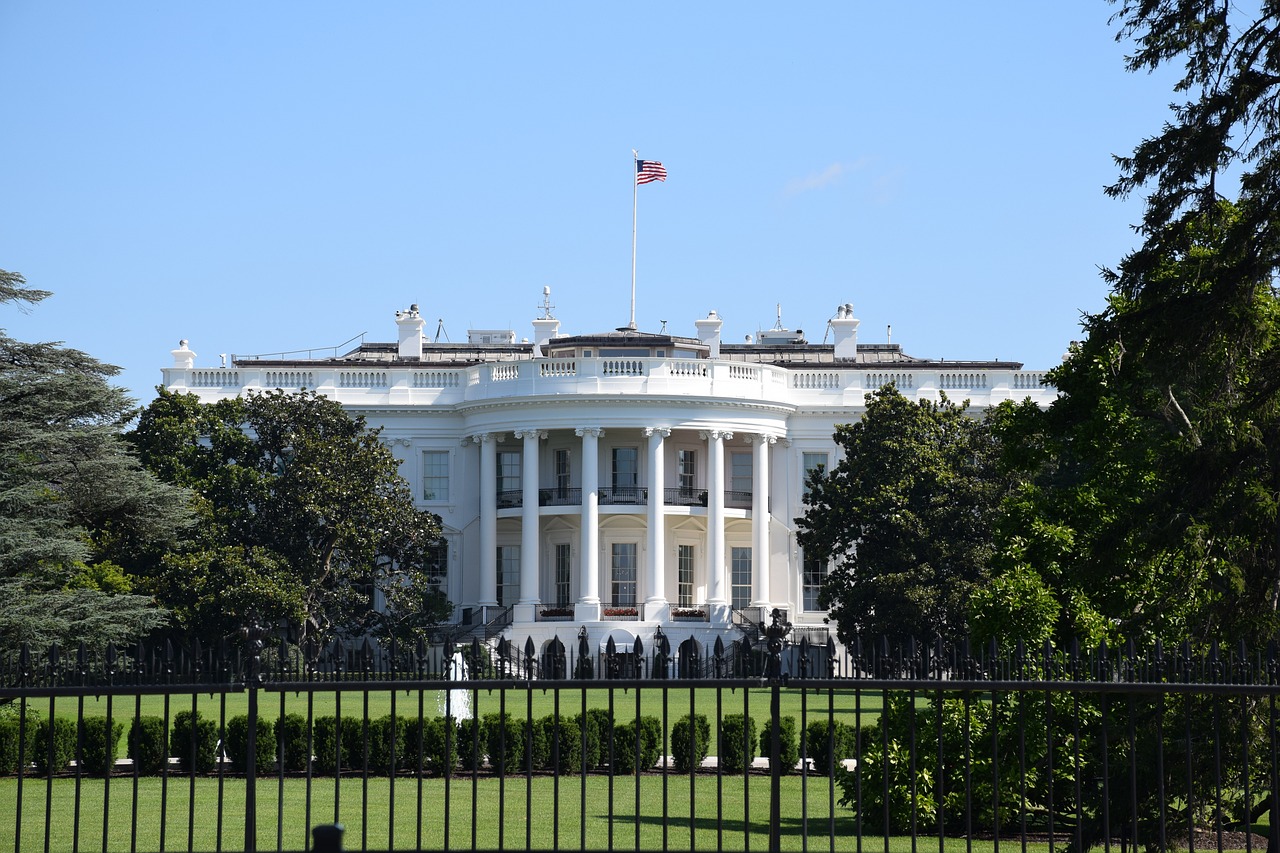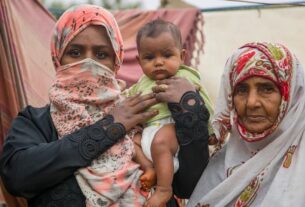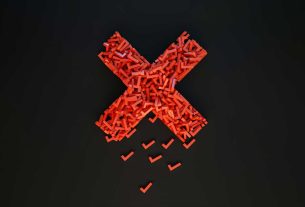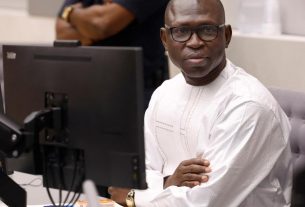Presidential immunity is a legal concept that is intended to protect sitting presidents from frivolous lawsuits and prosecutions related to their official duties, ensuring that the head of state can perform their responsibilities without the constant fear of litigation. This immunity is not absolute, nor is it a free pass for presidents to act beyond the law. Unfortunately, in recent years, the concept of presidential immunity has been widely misinterpreted, raising concerns about its abuse, especially in instances where actions taken in a personal or private capacity are wrongly shielded under this legal umbrella. This misinterpretation poses a serious threat to democratic governance and global rule of law, providing dangerous precedent for authoritarian regimes and autocratic leaders worldwide.
We have to be very critical and selective in deciding at this stage what and what should not be seen or allowed under the presidential immunity clause or we will collectively bear the brunt of the result this law will have on people both far and near.
The Purpose of Presidential Immunity
The doctrine of presidential immunity is rooted in the idea that the president must be free from legal distractions to govern effectively, particularly during times of crisis. The U.S. Constitution, while not explicitly mentioning “presidential immunity,” has been interpreted by courts to offer a level of protection to the president while they are in office. This is particularly relevant in cases where a president’s actions are taken in their official capacity—those that directly relate to their role as the head of the executive branch of government. The law is meant to safeguard the president’s ability to carry out duties such as making national security decisions, engaging in foreign diplomacy, or leading the military without the constant threat of lawsuits for decisions that may be unpopular but are deemed necessary for the nation’s well-being.
However, this immunity is not meant to cover actions taken outside the official duties of the office, especially those that may be criminal or abusive in nature. This distinction—between official and personal actions—is essential in ensuring that presidential immunity is not abused.
The Abuse and Misinterpretation of Immunity
What we are currently witnessing, especially in countries with increasingly autocratic leadership, is a gross misinterpretation of what presidential immunity is meant to protect. Some leaders are extending the concept of immunity far beyond its original intent, using it to shield themselves from accountability for actions that have nothing to do with their official duties, but are instead related to personal or political interests.
For example, a sitting or former president cannot claim immunity if they willfully engage in criminal acts such as murder, embezzlement, or incitement to violence. If a president were to issue a command or take actions that result in harm to citizens or foreign nationals—such as ordering extrajudicial killings, facilitating corruption, or engaging in election interference—they should not be protected under the umbrella of immunity. Yet, we are seeing several cases where immunity is being extended far beyond its constitutional limits.
Historical Examples of Abuse
The abuse of presidential immunity is not just theoretical; it has real-world examples. One of the most notable examples is former U.S. President Richard Nixon and the Watergate scandal. Nixon’s involvement in the cover-up of the break-in at the Democratic National Committee’s headquarters led to an investigation that uncovered widespread corruption and abuse of power within the Nixon administration. While Nixon attempted to use the doctrine of executive privilege and immunity to avoid legal consequences, the U.S. Supreme Court ultimately ruled against him in United States v. Nixon (1974), forcing him to hand over tape recordings that implicated him in the cover-up. His resignation soon followed, but the case was a clear example of presidential limits when the actions were beyond the scope of official duties.
More recently, former U.S. President Donald Trump’s impeachment trials have brought attention to the misuse of presidential immunity. Trump’s involvement in the January 6 Capitol insurrection and allegations of election interference have sparked legal debates about the limits of presidential immunity. While Trump’s defense often relied on immunity claims, such as in his second impeachment trial, the court of public opinion and Congress largely rejected the idea that immunity could protect actions taken in violation of law and order. The case is ongoing, but it highlights the broader global issue of presidential abuse and how immunity is misused as a shield for criminal behavior.
The Global Implications of Misused Immunity
The consequences of such misinterpretations extend far beyond the borders of the United States. Authoritarian leaders worldwide are watching closely as the debates around presidential immunity unfold. Countries with autocratic regimes, such as Russia, Turkey, or even countries in Africa and Asia, could adopt similar interpretations of immunity to shield leaders from legal accountability. These nations might use the U.S. precedent—or any other nation’s example—as justification for disregarding the rule of law when it comes to their leaders’ personal misconduct.
In countries like Russia, where President Vladimir Putin has been accused of numerous human rights violations and international crimes, the potential for abuse of a broad immunity doctrine is particularly dangerous. Similarly, Turkish President Recep Tayyip Erdoğan has increasingly used his office to suppress dissent, jail political opponents, and consolidate power, sometimes invoking executive powers that could be misinterpreted as a form of immunity.
In such environments, where presidents or other high-ranking officials hold near-absolute power, the idea that they are above the law leads to unchecked abuses. This exacerbates corruption, weakens democratic institutions, and undermines the public’s trust in the political system.
The Role of Judicial and Intelligence Institutions
It is particularly alarming that key governmental bodies, including the Department of Justice (DOJ), the Federal Bureau of Investigation (FBI), and the Central Intelligence Agency (CIA) in the U.S.—as well as similar institutions worldwide—often seem to sit on the sidelines when it comes to clarifying the limits of presidential immunity. These institutions, which have the power to investigate and act in cases involving national security and high-ranking officials, should play an active role in ensuring that the immunity clause is not abused for personal gain or to evade justice.
The failure to challenge these abuses not only damages the credibility of these institutions but also sends a dangerous message to other nations that such impunity is acceptable. For instance, if an autocrat sees that powerful nations such as the U.S. allow such immunity abuses to persist without consequences, it becomes easier for them to exploit similar legal loopholes in their own countries.
Preventing a Dangerous Precedent
The message is clear: if immunity is allowed to extend beyond the legitimate scope of presidential duties, it could set a dangerous precedent that encourages further abuse of power, particularly by authoritarian regimes. To avoid such an outcome, there needs to be a clear legal distinction between what constitutes “official” duties and “private” actions that are, by nature, outside the protection of presidential immunity.
International bodies like the United Nations and the International Criminal Court (ICC) also play a critical role in challenging such abuses of power. By setting global standards and encouraging accountability, these organizations can help prevent the erosion of international law and human rights.
Conclusion: Time for Reform and Accountability
Presidential immunity is a vital legal tool meant to safeguard the integrity of national governance. However, when abused, it can lead to impunity, corruption, and authoritarianism. Legal systems around the world must make a clear distinction between the official duties of a president and personal or criminal behavior that should not be protected by immunity.
For democracy and rule of law to prevail, it is imperative that the legal protections around presidential immunity are properly interpreted and enforced, with robust checks and balances in place to ensure that no leader, regardless of their office, is above the law.
References:
- United States v. Nixon, 418 U.S. 683 (1974).
- Trump’s Second Impeachment Trial: A Legal Overview, American Bar Association (2021).
- “The Dangers of Immunity: How Autocrats Abuse Legal Protections,” Foreign Policy Review, 2023.
- “Global Implications of Presidential Immunity,” The Guardian, April 2024.
- “The Rise of Authoritarianism: A Global Trend in the Abuse of Power,” Human Rights Watch, March 2024.



